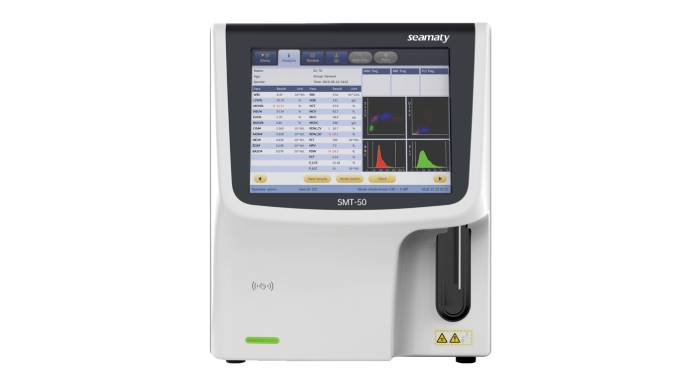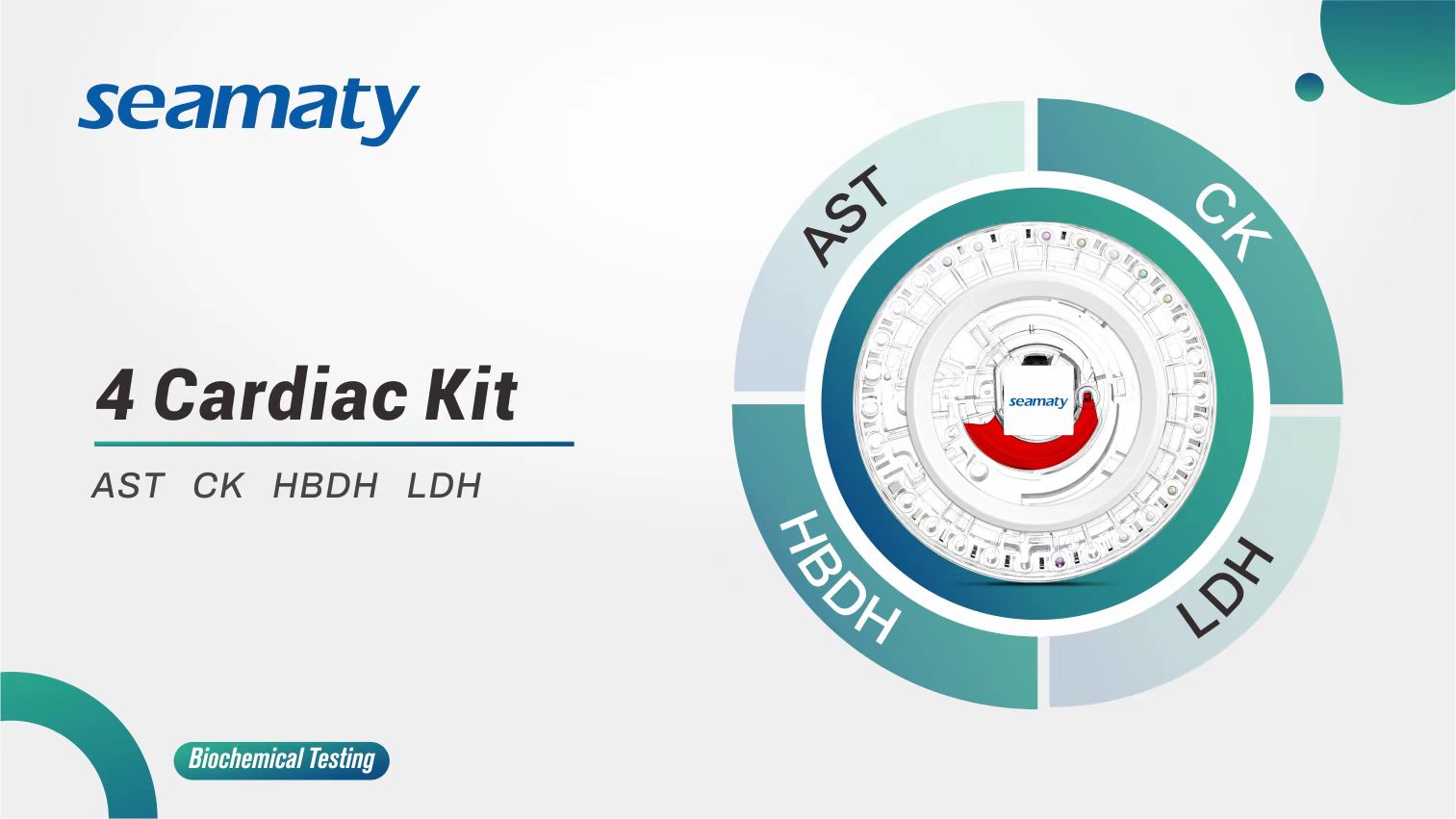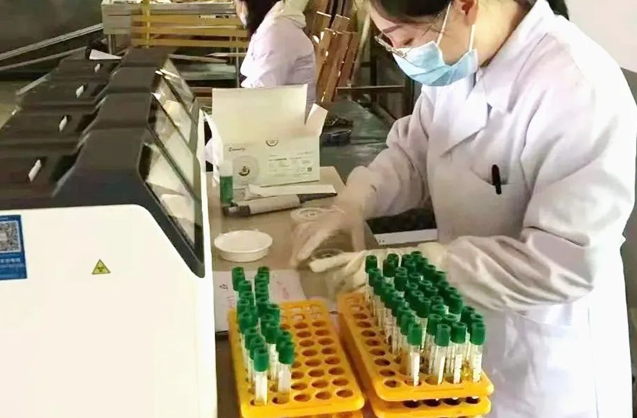release time:2022-06-08 15:10:46
A biochemistry analyzer uses the photoelectric colorimetric principle to measure a specific chemical component in body fluids. Biochemistry machines can test for the following four types of items.

The hematology analyzer mainly detects red blood cell count (RBC), white blood cell count (WBC), platelet count (PLT), hemoglobin (HGB), mean red blood cell volume (MCV), lymphocytes (LYM), monocytes (MON), neutrophils (NEU), eosinophils (EOS), and basophils (BAS).

2022-09-18
There are many different tests that are used to diagnose heart-related problems. They often include electrocardiograms, X-rays, echocardiograms, blood tests, coronary angiograms, radionuclide tests, MRI scans, CT scans and more. Blood tests are often the most basic diagnostic tool. Blood tests can detect various indices of the patient, while myocardial enzyme profile is usually an important parameter in the clinical diagnosis of cardiovascular diseases.

2022-05-25
Medical equipment is now incorporating a variety of new technologies, and medical equipment is gradually becoming more and more automated and integrated

2022-05-23
Combining the basic principles of radioimmunoassay, high sensitivity chemiluminescence and high specificity immunoassay, a new technique - chemiluminescence immunoassay, CLIA - emerged in 1977.Chemiluminescence Examples - Practical Applications of Chemiluminescence